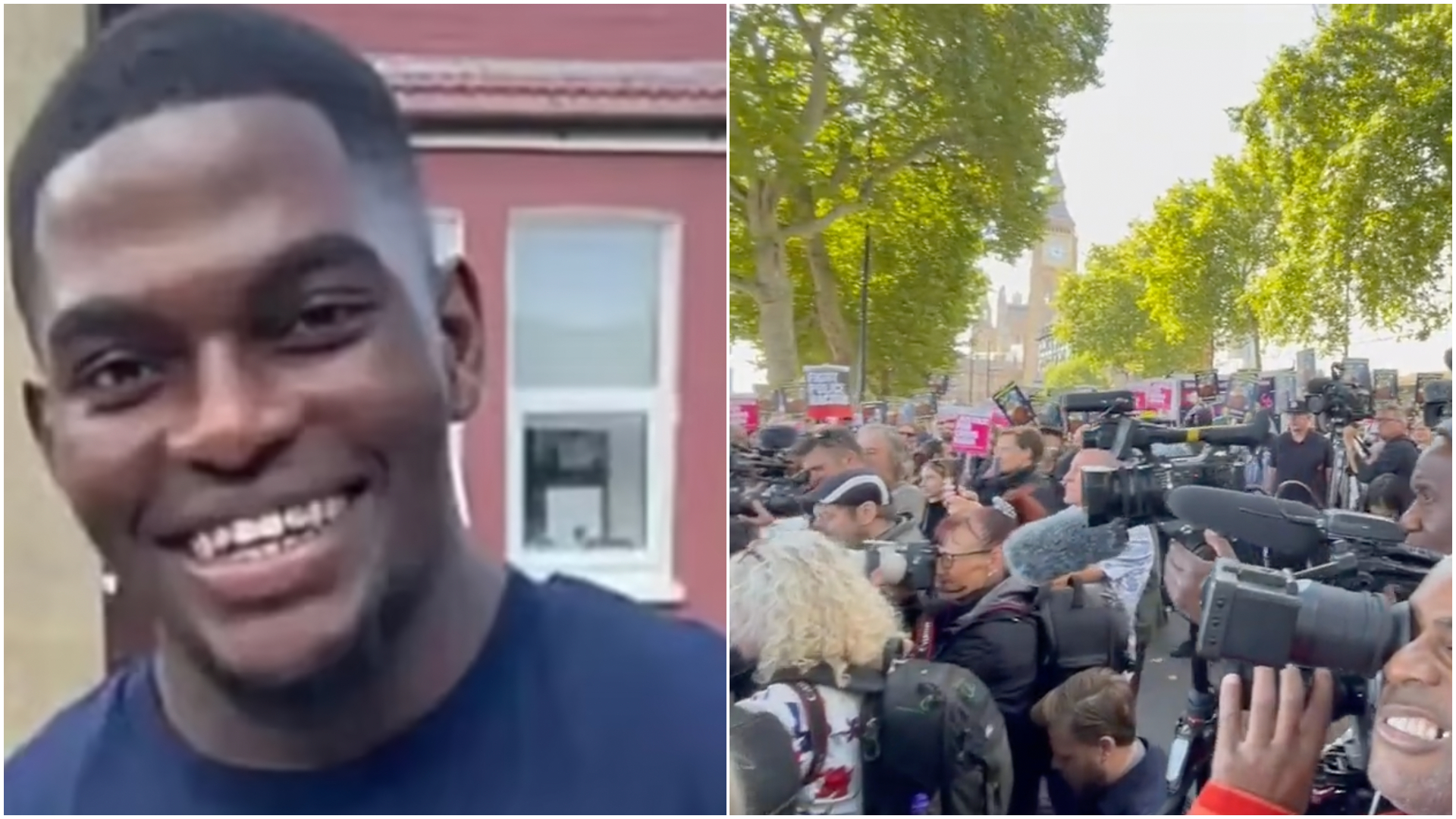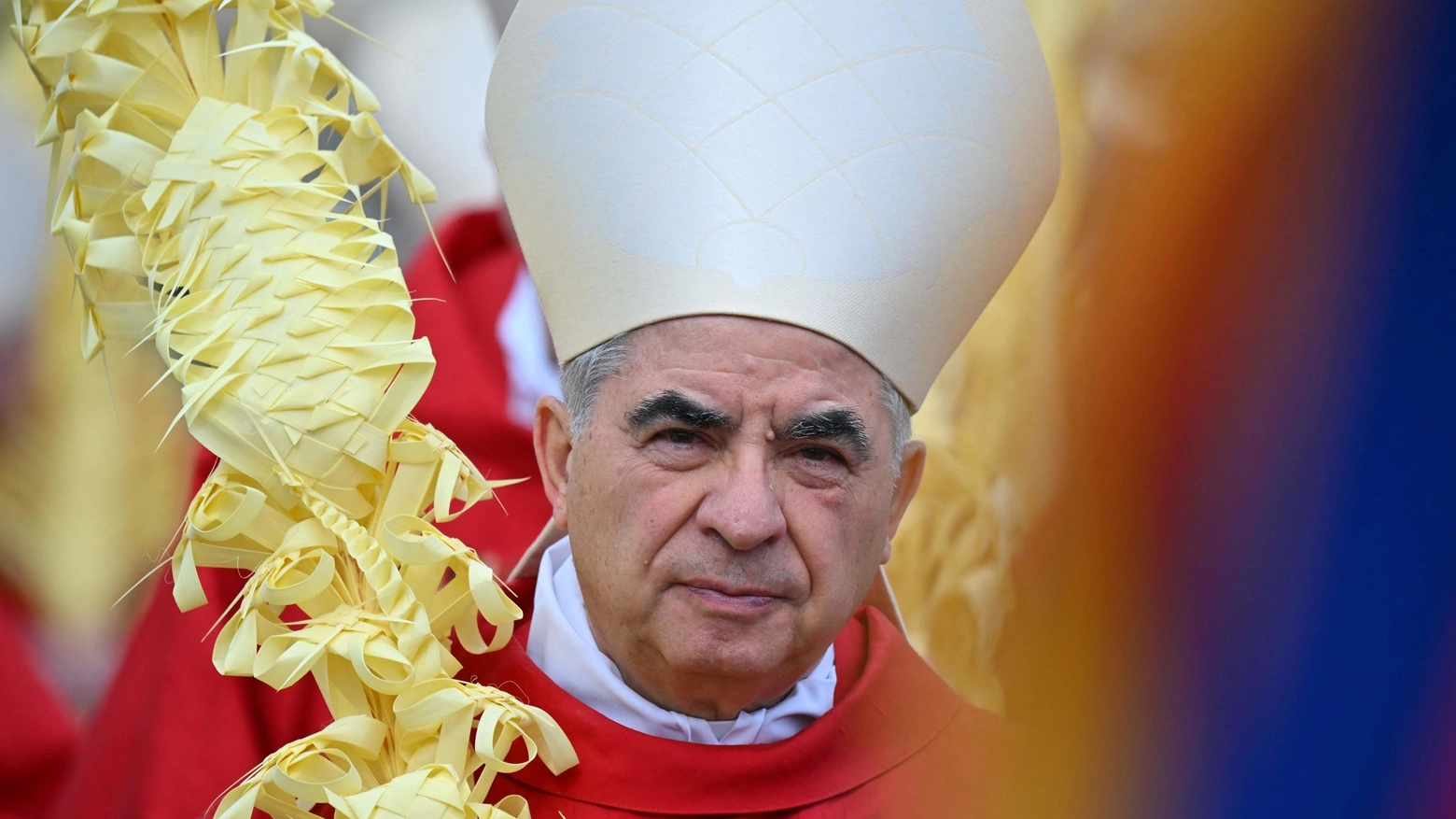Panorama's Chris Kaba Documentary: Independent Office For Police Conduct Complaint To Ofcom

Table of Contents
The death of Chris Kaba, a 24-year-old father-to-be, shot by a Metropolitan Police officer in September 2022, sparked widespread public outrage and ignited a crucial debate about police accountability in the UK. The subsequent BBC Panorama documentary, "Panorama's Chris Kaba documentary," further fueled this debate, leading to an Ofcom complaint and intensifying scrutiny of both police conduct and media representation. This article examines the Independent Office for Police Conduct (IOPC) investigation, the Ofcom complaint against Panorama, and their combined implications for police accountability and media regulation in the UK.
<h2>The Chris Kaba Shooting and the IOPC Investigation</h2>
Chris Kaba was fatally shot by a Metropolitan Police officer in Streatham Hill, South London, following a police pursuit. The circumstances surrounding the shooting remain highly contested, with conflicting accounts of the events leading up to the fatal incident. The Independent Office for Police Conduct (IOPC), an independent body responsible for investigating serious incidents involving the police, launched an investigation into Kaba’s death. The IOPC’s role is to provide independent oversight, ensuring that police officers are held accountable for their actions.
- Key events leading to the shooting: The incident involved a police pursuit of a vehicle Kaba was driving. The circumstances that triggered the pursuit and the subsequent events remain a subject of intense investigation and public debate.
- Criticisms of the IOPC's investigation: The IOPC investigation faced criticism for its length and perceived lack of transparency, leading to calls for greater speed and openness in their processes. Concerns were raised regarding the time taken to share crucial information with Kaba’s family.
- Calls for greater transparency and accountability from the IOPC: The case highlighted the ongoing need for improved transparency and accountability within the IOPC, with advocates calling for more robust mechanisms to ensure timely and thorough investigations into police shootings.
<h2>Panorama's Documentary: Content and Public Reaction</h2>
The BBC Panorama documentary dedicated to Chris Kaba’s death presented a compelling narrative of the events surrounding the shooting, drawing on witness accounts, police body camera footage, and expert analysis. The documentary aimed to provide a comprehensive overview of the incident and the subsequent investigation, challenging the official narrative and raising concerns about the police’s use of force.
- Key arguments presented in the documentary: Panorama presented arguments challenging the police’s version of events, highlighting inconsistencies and questioning the justification for the use of lethal force. The documentary emphasized the lack of immediate medical assistance provided to Kaba.
- Public response to the documentary: The documentary generated significant public debate, with many praising its thoroughness and impact in raising awareness about the case. Others criticized the documentary for its potential bias and impact on the ongoing IOPC investigation.
- The documentary's role in raising awareness about police brutality: The Panorama programme played a significant role in raising public awareness of police brutality and the lack of accountability in such cases, reigniting the wider discussion about systemic racism within the Metropolitan Police.
<h2>The Complaint to Ofcom: Grounds and Potential Outcomes</h2>
Following the broadcast of the Panorama documentary, a complaint was lodged with Ofcom, the UK’s communications regulator, alleging breaches of broadcasting standards. The complaint focused primarily on issues of impartiality and accuracy in the documentary’s portrayal of the events leading to Chris Kaba’s death.
- Details of the complaint lodged with Ofcom: The complaint challenged specific elements of the documentary, arguing that it presented a biased and inaccurate account of the police's actions.
- Arguments presented by those who filed the complaint: The complainants argued that the Panorama documentary presented a one-sided view and failed to adequately reflect the police’s perspective and the complexities of the situation.
- Potential sanctions Ofcom could impose: If Ofcom finds the complaint upheld, potential sanctions against the BBC could range from a simple reprimand to more significant penalties.
- The implications of Ofcom’s decision for media regulation and police accountability: The Ofcom investigation’s outcome will have significant implications for media regulation and the delicate balance between investigative journalism and maintaining impartiality in reporting sensitive cases involving the police.
<h2>Implications for Police Accountability and Media Regulation in the UK</h2>
The IOPC investigation into Chris Kaba’s death, along with the subsequent Panorama documentary and the Ofcom complaint, highlight crucial challenges in achieving police accountability and effective media regulation in the UK.
- The need for improved police training and procedures: The case underscores the need for improved police training, particularly in the area of de-escalation techniques and the appropriate use of force.
- The importance of independent oversight of police conduct: The IOPC's role in investigating police shootings remains critical, but improvements in transparency and efficiency are crucial to maintain public trust.
- The role of the media in shaping public opinion and influencing policy: The media's responsibility in reporting sensitive cases like Chris Kaba’s death is significant, requiring a careful balance between investigative journalism and responsible reporting.
<h2>Conclusion: Understanding the Impact of Panorama's Chris Kaba Documentary</h2>
The IOPC investigation into Chris Kaba’s death and the subsequent Ofcom complaint against Panorama’s Chris Kaba documentary highlight systemic issues within UK policing and the crucial role of independent oversight and responsible media reporting. The documentary’s impact, regardless of Ofcom’s final decision, has undeniably contributed to a vital national conversation about police brutality, accountability, and the limitations of current regulatory frameworks. The long-term implications of this case will shape future policing practices and media regulation. Learn more about the Chris Kaba case and stay updated on the Ofcom investigation to join the conversation about police accountability and media responsibility.

Featured Posts
-
 Cardinale Becciu Condannato Al Risarcimento 40 000 Euro Agli Accusatori
Apr 30, 2025
Cardinale Becciu Condannato Al Risarcimento 40 000 Euro Agli Accusatori
Apr 30, 2025 -
 Festas Privadas De P Diddy Documentario Revela A Presenca De Trump Beyonce E Jay Z
Apr 30, 2025
Festas Privadas De P Diddy Documentario Revela A Presenca De Trump Beyonce E Jay Z
Apr 30, 2025 -
 Tanner Bibees First Pitch Homer Guardians Beat Yankees 3 2
Apr 30, 2025
Tanner Bibees First Pitch Homer Guardians Beat Yankees 3 2
Apr 30, 2025 -
 Ru Pauls Drag Race Season 17 Episode 9 A Design Challenge Review
Apr 30, 2025
Ru Pauls Drag Race Season 17 Episode 9 A Design Challenge Review
Apr 30, 2025 -
 Navigate The Private Credit Boom 5 Dos And Don Ts To Land Your Dream Job
Apr 30, 2025
Navigate The Private Credit Boom 5 Dos And Don Ts To Land Your Dream Job
Apr 30, 2025
